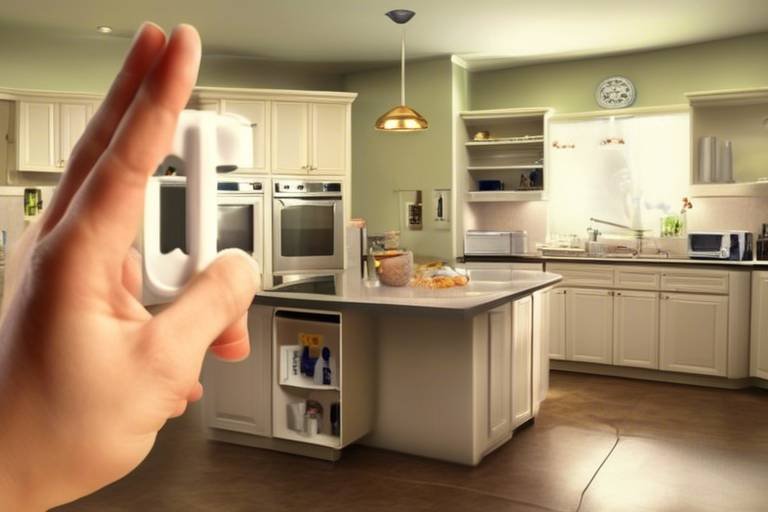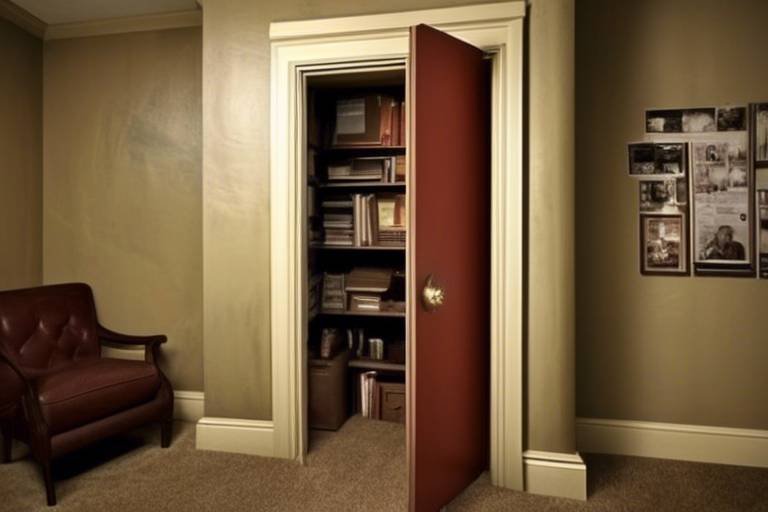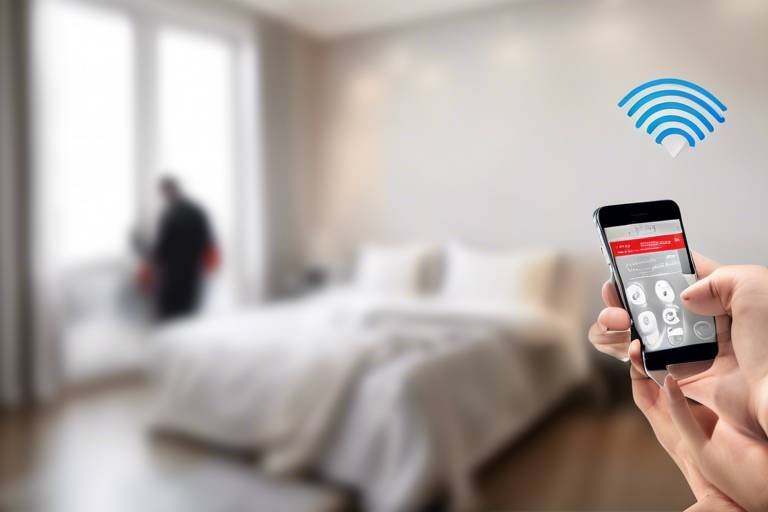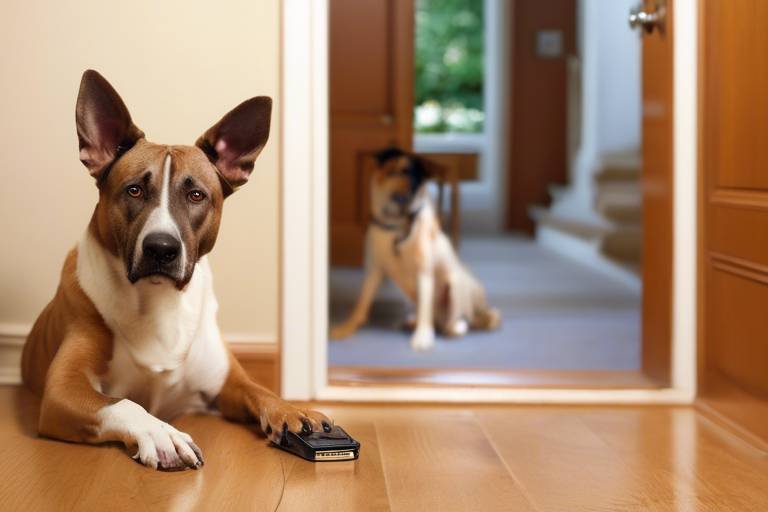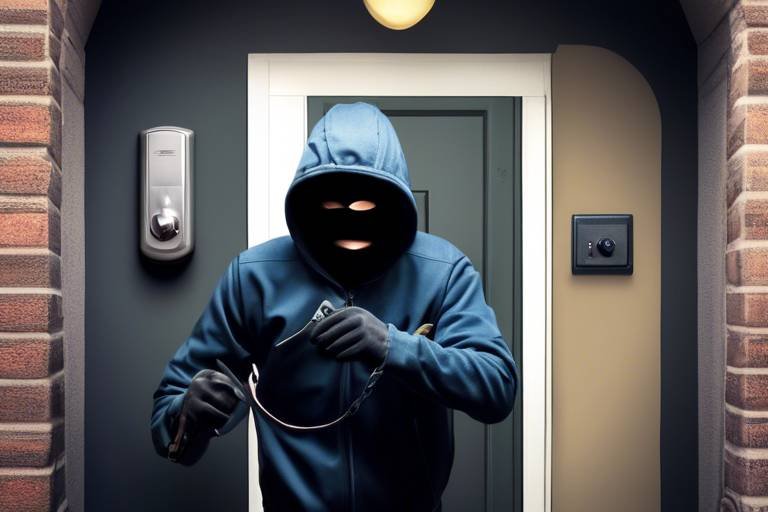Vacation Rental Safety Tips for Owners and Guests
When it comes to vacation rentals, safety is not just a checkbox; it's a fundamental aspect that can make or break a guest's experience. Whether you're a vacation rental owner or a guest, understanding and implementing safety measures is crucial. This article dives deep into essential safety tips that will ensure a secure and enjoyable experience for everyone involved. Think of it as your ultimate guide to navigating the sometimes murky waters of vacation rental safety. After all, who wants to spend their hard-earned money on a getaway only to worry about safety issues? Let’s explore how you can create a haven of comfort and security!
Familiarizing yourself with local safety regulations is crucial for vacation rental owners. These regulations often encompass a variety of aspects, including fire safety, health codes, and liability insurance. Ignoring them can lead to hefty fines or, worse, unsafe conditions for guests. For instance, did you know that some locations require smoke detectors and carbon monoxide alarms in every rental unit? Compliance not only protects you legally but also ensures that your guests feel secure during their stay. It's like having a safety net that catches you when you fall. So, take the time to research and understand these regulations to safeguard both your property and your guests.
Secure entry systems are vital for protecting vacation rentals. Imagine arriving at a property only to find that the lock is outdated or, worse, broken. This can be a huge red flag for guests, making them feel vulnerable right from the start. To enhance security while providing convenience, consider options like smart locks and keyless entry systems. These technologies not only make it easier for guests to check in but also allow you to manage access remotely. You can provide unique codes for each guest, ensuring that only authorized individuals can enter the property. Talk about peace of mind!
Regular property inspections help identify potential safety hazards. Think of your vacation rental as a ship sailing through the ocean; if you don’t check for leaks, you might end up sinking! Routine checks for maintenance issues—like faulty wiring, plumbing leaks, or loose railings—are essential. Not only do these inspections keep your property safe, but they also enhance your reputation as a responsible owner. Guests appreciate a well-maintained space, and it can lead to positive reviews and repeat bookings. So, roll up your sleeves and schedule those inspections!
Clear communication is key in emergencies. Imagine a guest finds themselves in a sticky situation—like a medical emergency or a fire. What do they do? This is where providing emergency contact information becomes crucial. Ensure that guests have easy access to local authorities, medical services, and your property management's contact details. You can create a simple, easy-to-read document that includes this information and place it prominently in the rental. This small gesture can make a world of difference in a crisis and shows your guests that you genuinely care about their safety.
A comprehensive safety guide enhances guest awareness. This guide should be more than just a list of rules; it should include safety protocols, emergency procedures, and local resources. Imagine a guest arriving at your rental and finding a well-organized binder filled with information about fire exits, first aid kits, and local hospitals. Not only does this empower guests to act in emergencies, but it also makes them feel informed and secure during their stay. A well-prepared guest is a happy guest!
Educating guests about safety practices is essential for a secure stay. You can achieve this through various methods, such as check-in briefings, welcome packets, and reminders throughout their visit. For example, a friendly face at check-in can explain the safety features of the property and answer any questions. Or, you could include a fun infographic in your welcome packet highlighting essential safety tips. The goal is to make safety a priority in a friendly and engaging way, ensuring that guests feel comfortable and informed.
Technology can significantly improve safety in vacation rentals. From surveillance cameras to alarm systems, there are numerous tech solutions available that can enhance security for both owners and guests. Smart home devices can monitor the property remotely, alerting you to any unusual activity. This not only protects your investment but also gives guests peace of mind knowing that they are in a secure environment. Think of it as having a digital guardian watching over your property while you’re away!
Being prepared for safety incidents is crucial for vacation rental owners. Developing an effective response plan is essential. This plan should include communication strategies and follow-up actions to manage incidents efficiently. For instance, if a guest reports a safety issue, having a clear protocol in place ensures that you can address the problem swiftly, maintaining guest trust and satisfaction. Remember, how you respond to incidents can make all the difference in how guests perceive your property.
Transparency fosters trust between owners and guests. Clear communication regarding safety measures, property conditions, and emergency protocols creates a positive rental experience for everyone involved. When guests feel informed and secure, they are more likely to leave positive reviews and return for future stays. It's like building a bridge of trust that spans the gap between owner and guest, making both parties feel valued and respected.
Q: What are the essential safety features I should have in my vacation rental?
A: Essential safety features include smoke detectors, carbon monoxide alarms, fire extinguishers, and secure entry systems. Regular maintenance checks are also crucial.
Q: How can I educate my guests about safety without overwhelming them?
A: Use engaging materials like infographics, welcome packets, and personal briefings at check-in to communicate safety information in a friendly manner.
Q: What should I do in case of an emergency?
A: Provide guests with a clear guide that includes emergency contact information, local authorities, and a step-by-step action plan for various scenarios.
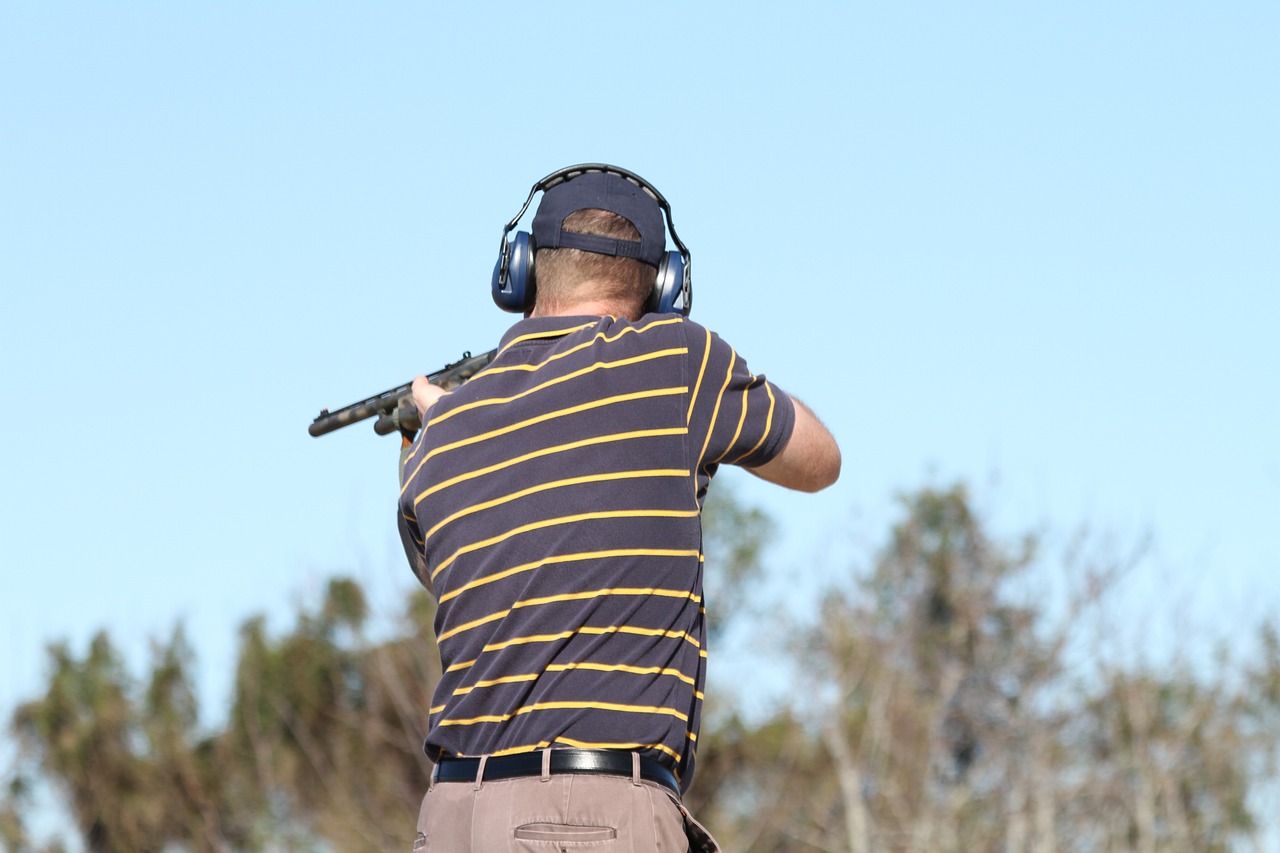
Understanding Safety Regulations
When it comes to vacation rentals, understanding and adhering to safety regulations is not just important—it's essential. As an owner, you hold the responsibility of ensuring that your property complies with local laws to protect both yourself and your guests. Imagine welcoming a group of excited travelers only to have their experience marred by safety issues that could have been easily prevented! This is why familiarizing yourself with the key regulations is crucial.
First and foremost, you should be aware of fire safety regulations. This typically includes having smoke detectors installed, ensuring that fire extinguishers are accessible, and creating clear escape routes in case of an emergency. Did you know that in some areas, you might even be required to conduct regular fire drills? It sounds intense, but it’s all about keeping everyone safe!
Next up are health codes. These can vary widely depending on your location, but they often cover aspects like sanitation, water quality, and pest control. For example, if your rental is located near a body of water, you may need to ensure that the water is tested regularly for safety. Not only does this keep your guests healthy, but it also protects your property from potential legal issues.
Another critical area is liability insurance. This is your safety net in case something goes wrong. Without it, you could be facing hefty legal fees and damages if a guest gets injured on your property. It's worth investing time to understand the types of coverage available and choosing a policy that fits your specific needs. Think of it as an umbrella; it may not rain every day, but when it does, you’ll be glad you have it!
To make this information more digestible, here's a quick table summarizing the key safety regulations you should consider:
| Regulation Type | Key Requirements |
|---|---|
| Fire Safety | Smoke detectors, fire extinguishers, escape routes |
| Health Codes | Sanitation, water quality, pest control |
| Liability Insurance | Coverage for injuries and damages |
In addition to these regulations, it's also wise to stay updated on any local changes. Municipalities often revise safety codes, and being in the loop can save you from potential fines or, worse, a lawsuit. Regularly check with your local government or consult with a property management expert to ensure that you’re always compliant.
In conclusion, understanding safety regulations is a vital part of managing a vacation rental. By taking the time to familiarize yourself with fire safety measures, health codes, and liability insurance, you not only protect your guests but also enhance your reputation as a responsible owner. After all, a safe rental is a happy rental!
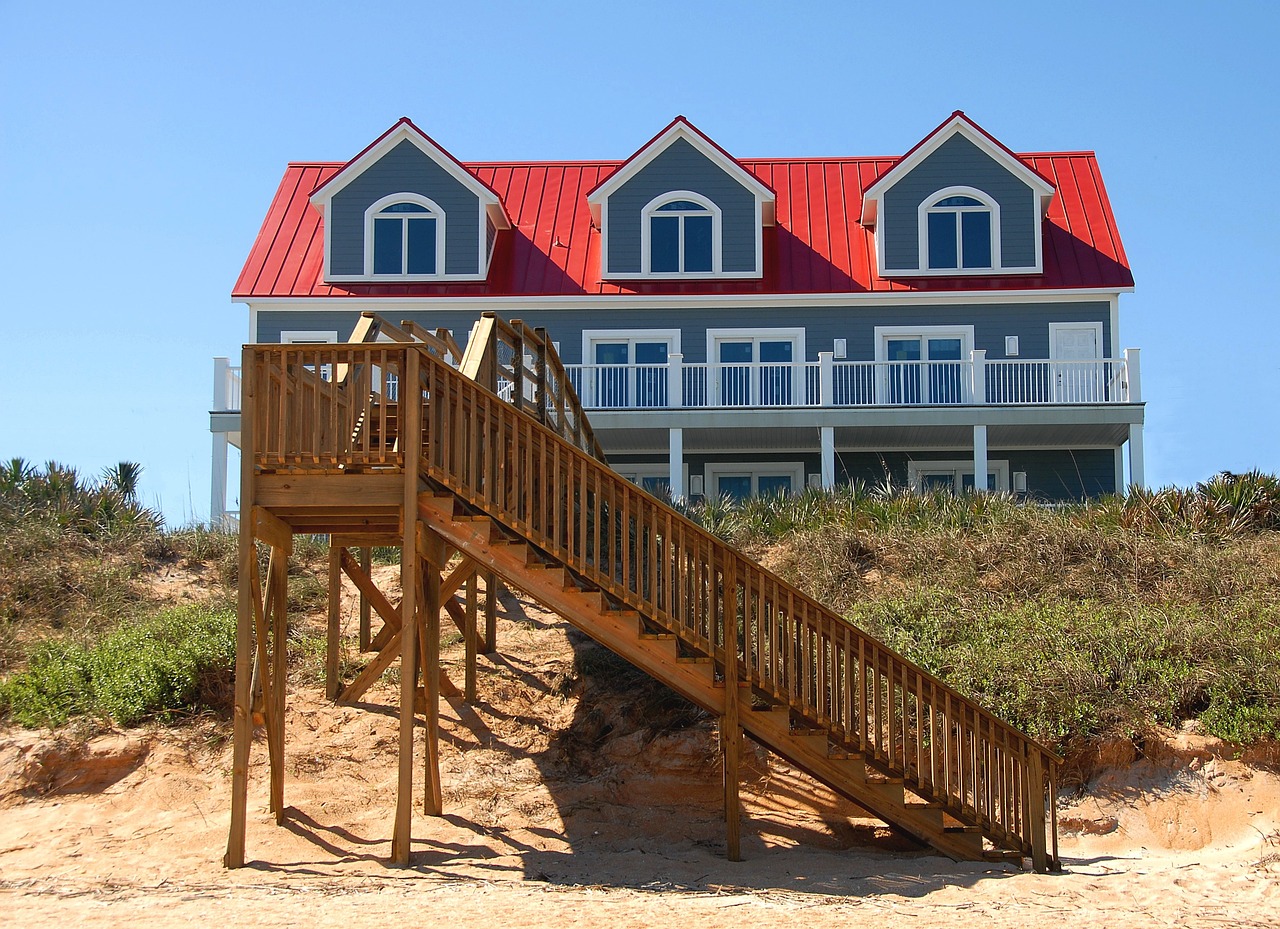
Implementing Secure Entry Systems
When it comes to vacation rentals, the first line of defense in ensuring the safety of both owners and guests is through secure entry systems. Imagine arriving at a beautiful vacation home only to feel uneasy about the security of the property. That's the last thing anyone wants! By implementing robust entry solutions, you can not only enhance security but also provide peace of mind for everyone involved.
One of the most popular options today is the use of smart locks. These innovative devices eliminate the need for traditional keys, which can be easily lost or duplicated. Instead, smart locks allow guests to access the property using their smartphones or unique codes. This means no more worrying about who has a key or whether it was returned. Plus, owners can easily change access codes between guests, ensuring that only authorized individuals can enter the property.
Another great option is keyless entry systems. These systems often use a keypad or biometric scanning, such as fingerprints, to grant access. Not only do they add an extra layer of security, but they also offer convenience. Guests can enter the property without fumbling through their bags for keys, making the check-in process smooth and stress-free. Imagine arriving tired after a long journey and being able to walk straight into your rental without any hassle!
It's important to note that while these systems are incredibly effective, they also require proper management and maintenance. Owners should regularly check that all electronic systems are functioning correctly and that guests are aware of how to use them. Providing clear instructions, either in a welcome packet or through a quick check-in briefing, can prevent confusion and ensure that guests feel comfortable.
In addition to smart locks and keyless entry systems, consider integrating surveillance cameras and alarm systems around the property. These can serve as a deterrent for potential intruders and provide an added sense of security for both owners and guests. However, it’s crucial to be transparent about the presence of cameras to maintain trust with your guests. They should know where cameras are placed and understand that their privacy is respected.
Lastly, don’t forget about the importance of lighting. Proper outdoor lighting around entry points can significantly enhance safety. Motion-sensor lights can illuminate pathways and doorways, making it easier for guests to navigate the property at night. Not only does this improve security, but it also adds to the overall ambiance of the vacation rental.
In conclusion, implementing secure entry systems is not just about protecting the property; it's about creating a welcoming and safe environment for guests. By leveraging technology and ensuring clear communication, vacation rental owners can foster a sense of security that enhances the overall guest experience. After all, a secure vacation is a happy vacation!
- What is a smart lock? A smart lock is a keyless locking system that allows users to unlock doors using smartphones or codes.
- Are keyless entry systems safe? Yes, when properly managed, keyless entry systems provide an enhanced level of security compared to traditional locks.
- How can I ensure my guests know how to use the entry system? Providing clear instructions in a welcome packet or during check-in is essential for guest comfort and security.
- What additional security measures should I consider? Surveillance cameras, alarm systems, and proper outdoor lighting can all enhance the security of your vacation rental.
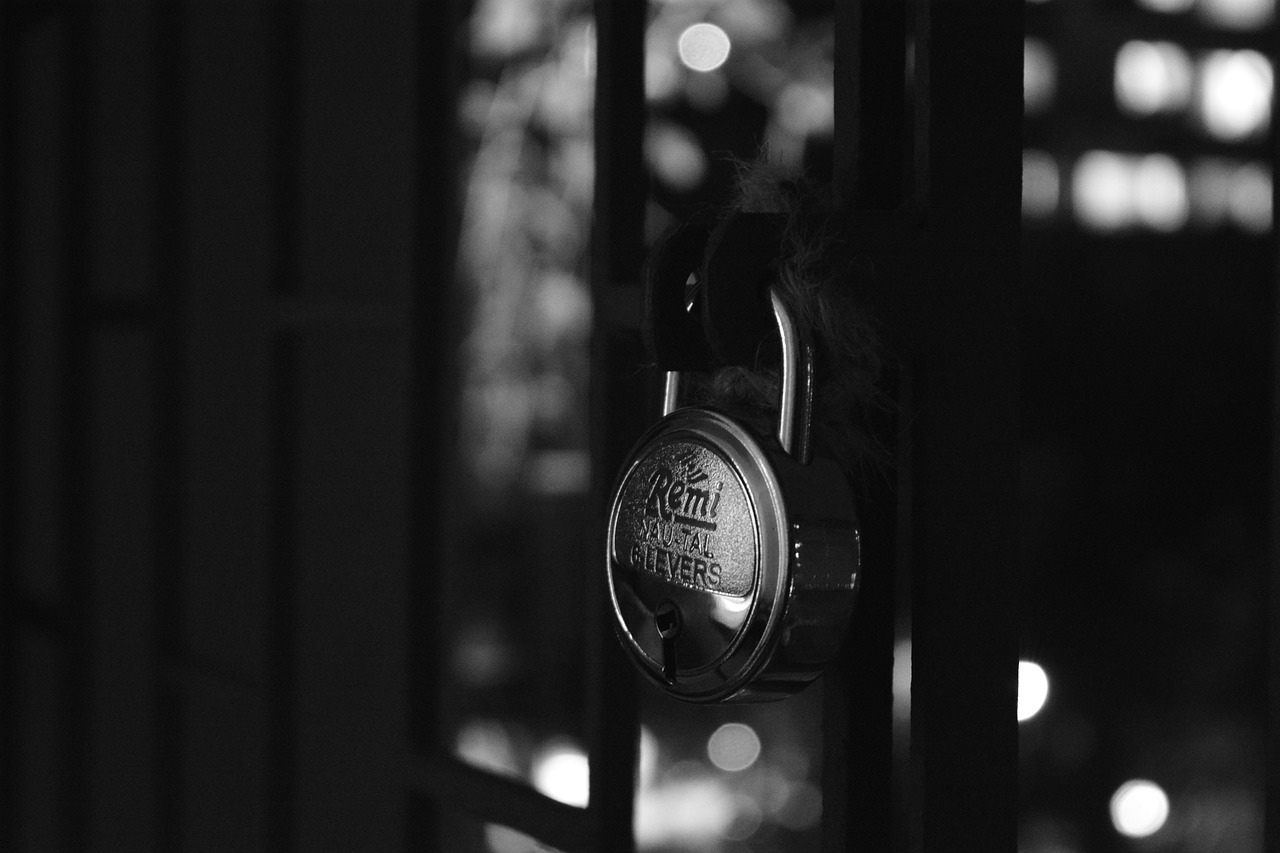
Conducting Regular Property Inspections
When it comes to vacation rentals, conducting regular property inspections is not just a good practice; it's an essential part of ensuring a safe and enjoyable experience for everyone involved. Think of it like a routine check-up for your property—just as you wouldn’t ignore your health, you shouldn’t overlook the condition of your rental. Regular inspections can help you identify potential hazards before they become serious issues, ultimately protecting both your investment and your guests.
During these inspections, it’s important to look for a variety of factors that can affect the safety and comfort of your guests. For instance, check for any signs of wear and tear, such as:
- Damaged flooring or carpets
- Leaky faucets or pipes
- Malfunctioning appliances
- Electrical issues, like exposed wires or flickering lights
- Structural problems, including cracks in walls or ceilings
In addition to the physical aspects, consider the overall cleanliness and hygiene of the property. A clean rental not only enhances guest satisfaction but also minimizes health risks. Pay special attention to:
- Kitchen and bathroom sanitation
- Dust and allergens in living areas
- Proper disposal of waste and recycling
Another crucial component of property inspections is ensuring that all safety equipment is in place and functioning properly. This includes smoke detectors, carbon monoxide detectors, and fire extinguishers. Make it a point to test these devices regularly, and replace batteries as needed. Remember, a small investment in safety can save lives and prevent costly damages down the road.
To streamline your inspection process, consider creating a checklist that covers all the essential areas of your property. This can help you stay organized and ensure that nothing is overlooked. Here’s a simple example of what your checklist might include:
| Inspection Area | Checkpoints | Status |
|---|---|---|
| Living Room | Furniture condition, electrical outlets, smoke detectors | Pass/Fail |
| Kitchen | Appliances, plumbing, cleanliness | Pass/Fail |
| Bedrooms | Bed linens, furniture, window locks | Pass/Fail |
| Bathrooms | Sanitation, plumbing, safety equipment | Pass/Fail |
| Exterior | Lighting, pathways, landscaping | Pass/Fail |
By conducting these inspections regularly—ideally before each guest's arrival—you not only ensure the safety and comfort of your guests but also enhance your property’s reputation. After all, a well-maintained vacation rental will attract more bookings and encourage positive reviews, which are crucial for your success in the competitive vacation rental market.
In conclusion, regular property inspections are a proactive approach to maintaining the safety and quality of your vacation rental. They allow you to catch issues early, keep your guests happy, and ultimately protect your investment. So, set a schedule, stick to it, and watch your rental thrive!
Q: How often should I conduct property inspections?
A: It's recommended to conduct inspections before each new guest arrives and at least once a month during off-peak seasons.
Q: What should I do if I find a safety hazard during an inspection?
A: Address the issue immediately. Depending on the severity, you may need to hire a professional to ensure it’s fixed properly.
Q: Can I conduct inspections myself, or should I hire a professional?
A: While you can conduct inspections yourself, hiring a professional can provide a more thorough evaluation, especially for complex issues.
Q: What if my guests report a problem during their stay?
A: Respond promptly and address the issue as quickly as possible to maintain guest trust and satisfaction.
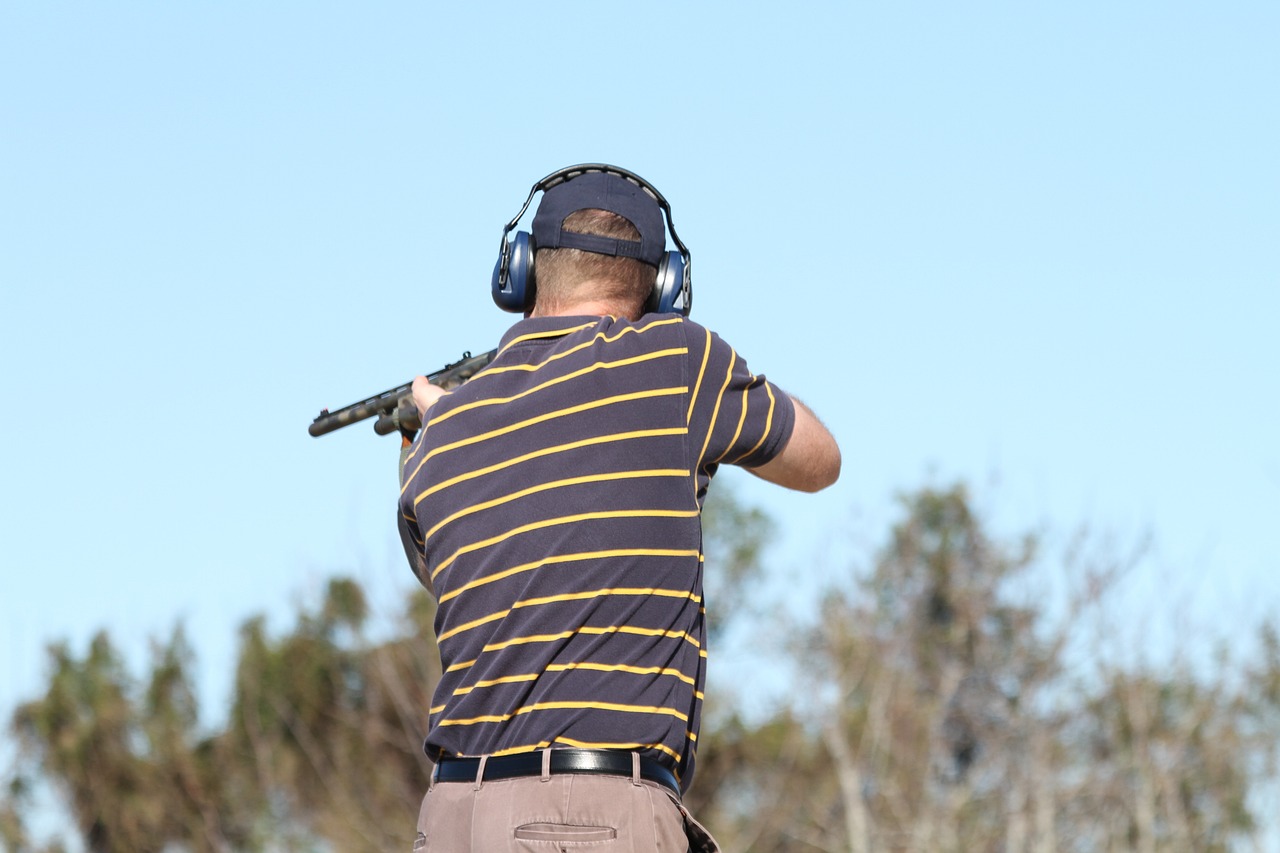
Providing Emergency Contact Information
When it comes to staying safe during a vacation, having the right emergency contact information at your fingertips can make all the difference. As a vacation rental owner, it’s your responsibility to ensure that guests have easy access to vital information that could help in times of need. Imagine being in a foreign place and facing an emergency without knowing who to call—it's a nightmare scenario! So, how can you ensure your guests feel secure? Let's dive into the essentials.
First and foremost, it's crucial to compile a comprehensive list of emergency contacts that guests can reference easily. This list should include not just local authorities, but also nearby medical services, and your property management team. Think of it as a safety net—when guests know who to reach out to, they can act quickly and confidently in any situation. Here’s a simple layout you could consider for your emergency contact information:
| Type of Contact | Name | Phone Number | Address |
|---|---|---|---|
| Police | Local Police Department | (123) 456-7890 | 123 Main St, City, State |
| Fire Department | Local Fire Station | (123) 456-7891 | 456 Elm St, City, State |
| Medical Services | Nearby Hospital | (123) 456-7892 | 789 Oak St, City, State |
| Property Management | Your Name | (123) 456-7893 | Your Address |
In addition to providing this information in a physical format, consider placing it in a prominent spot within your rental property. A well-placed emergency contact card on the fridge or near the front door can serve as a constant reminder for guests. You might also want to include a brief explanation of what each contact is for, so guests can quickly determine whom to call based on the situation they face.
Moreover, it’s essential to communicate these contacts during the check-in process. A quick briefing can reinforce the importance of being prepared and make guests feel more at home. You could even create a welcome packet that includes this information along with other useful tips about the area. This not only enhances their experience but also shows that you care about their safety.
Lastly, remember to update this information regularly. Local services can change, and it's vital that the contacts you provide are current. A simple check every few months can ensure that your guests always have access to the most reliable resources. By taking these steps, you can significantly enhance the safety of your vacation rental, reassuring guests that they are in good hands.
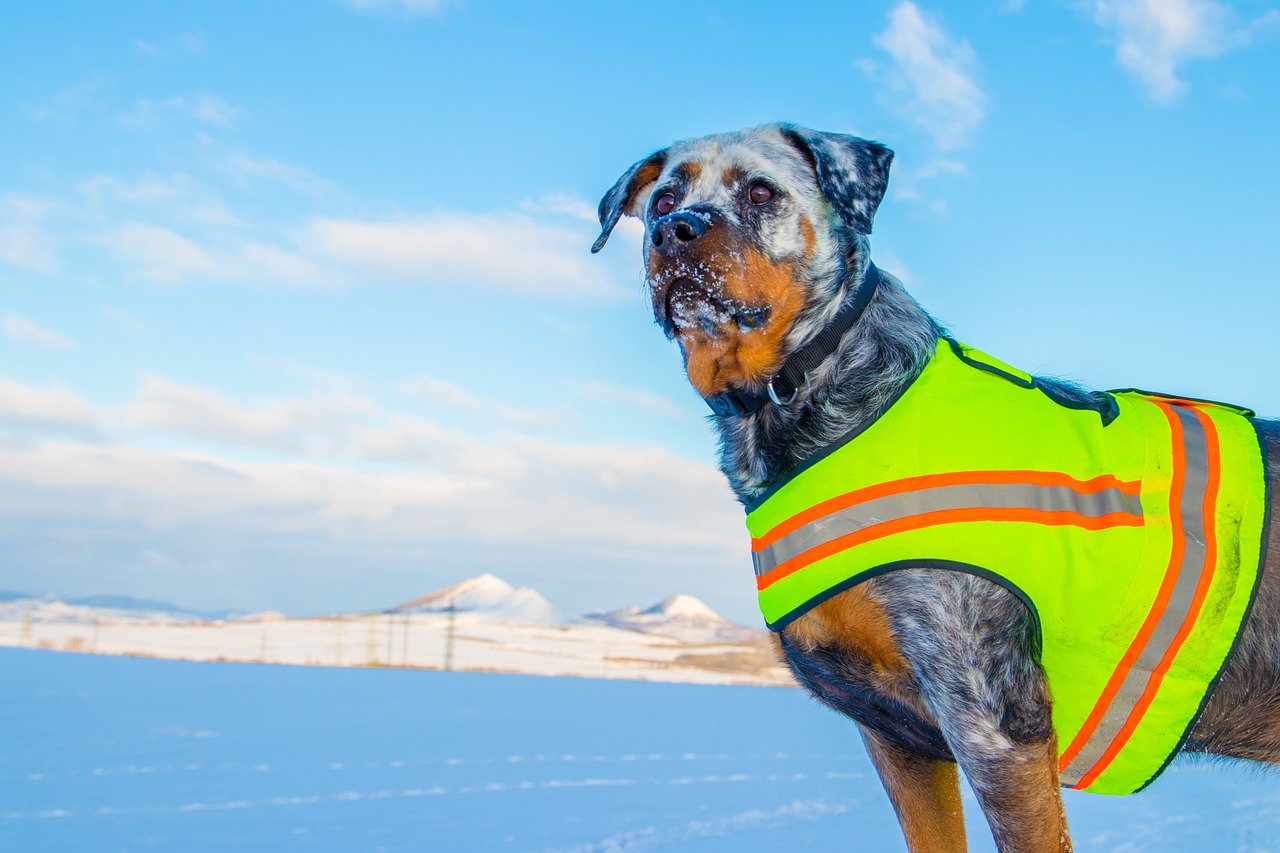
Creating a Comprehensive Safety Guide
When it comes to vacation rentals, a comprehensive safety guide can be the difference between a memorable stay and a stressful experience. Imagine arriving at a new place, excited for your getaway, only to feel uneasy because you’re not sure about the safety protocols in place. As a vacation rental owner, it’s your responsibility to ensure that guests feel informed and secure during their stay. By creating a detailed safety guide, you can provide peace of mind and enhance the overall experience for your guests.
So, what should this guide include? First and foremost, it should cover emergency procedures. This means detailing what guests should do in case of a fire, medical emergency, or natural disaster. For instance, you might include a step-by-step evacuation plan, complete with exit routes and assembly points. Visual aids, like maps or diagrams, can be incredibly helpful here. After all, in a moment of panic, clear instructions can be a lifesaver.
Additionally, your safety guide should outline local resources. This includes contact information for local authorities, hospitals, and emergency services. Imagine a guest needing help but not knowing whom to call. By providing this information upfront, you empower your guests to act quickly if a situation arises. It’s also a good idea to include the nearest pharmacy or grocery store, as guests may need supplies or first aid items during their stay.
Another vital component is a section on property-specific safety features. Highlight any security systems, smoke detectors, or fire extinguishers present in the property. Make sure to explain how these devices work and where they are located. Guests will appreciate knowing that you have taken precautions to ensure their safety. You could even include a checklist of safety features, so they can easily reference it during their stay.
Moreover, consider adding a frequently asked questions (FAQ) section to your safety guide. This can address common concerns that guests may have, such as:
- What should I do if I hear a smoke alarm?
- Who do I contact in case of a maintenance issue?
- Are there any local emergency numbers I should know?
By anticipating these questions, you not only enhance the guide's usefulness but also demonstrate that you care about your guests' safety and comfort. A well-thought-out FAQ section can alleviate anxiety and provide clarity, making guests feel more at home.
Finally, ensure that your safety guide is easily accessible. Consider placing a printed version in a prominent location within the rental, such as on the kitchen counter or in the welcome packet. Additionally, you can provide a digital version that guests can access via their smartphones. This way, they can refer to it whenever needed without having to search through papers. Remember, the easier it is for guests to find information, the more secure they will feel.
In conclusion, creating a comprehensive safety guide is an essential step in enhancing the safety and comfort of your vacation rental. By including emergency procedures, local resources, property-specific safety features, and a well-thought-out FAQ section, you can ensure that your guests have everything they need to feel secure during their stay. After all, when guests feel safe, they are more likely to relax and enjoy their vacation, ultimately leading to positive reviews and repeat bookings.
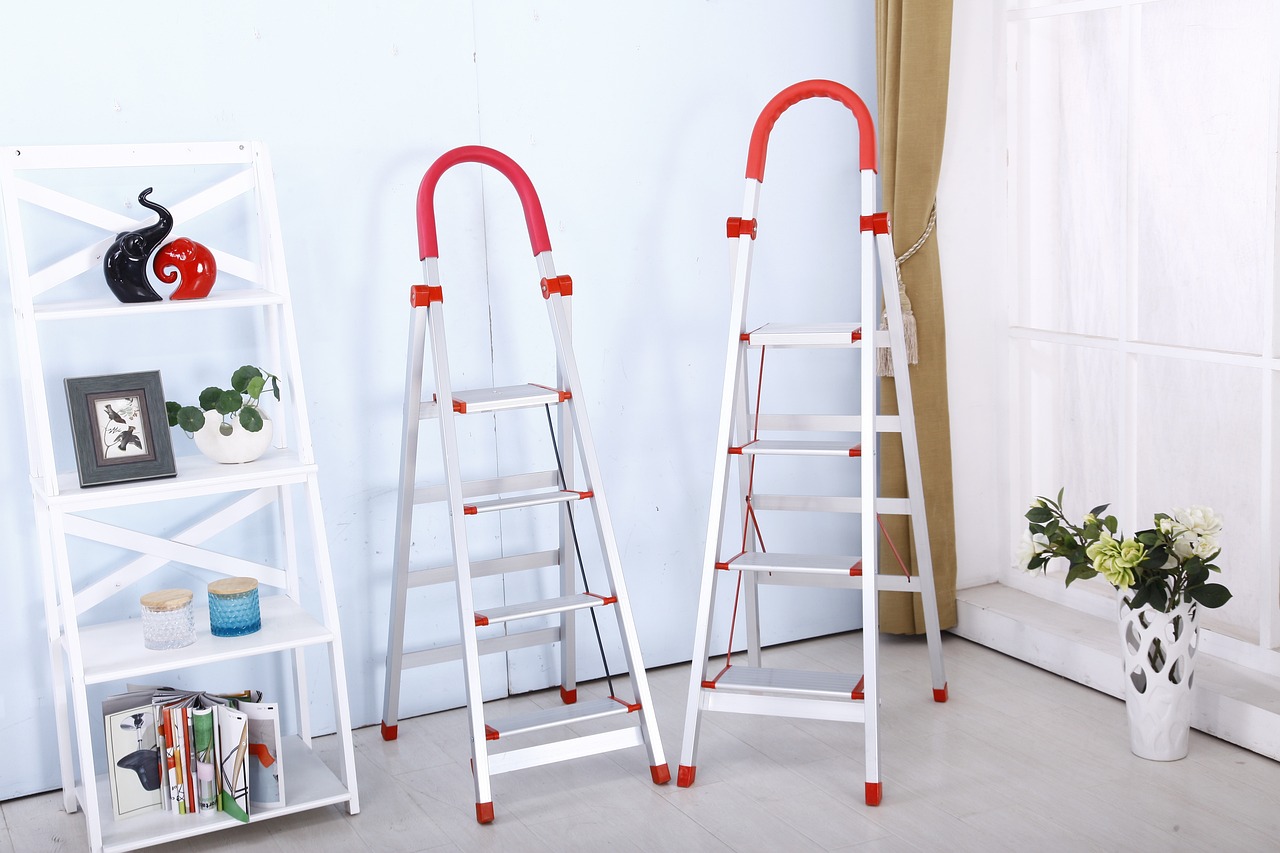
Educating Guests on Safety Practices
When it comes to ensuring a safe and enjoyable stay for guests, education is absolutely key. Think of it as giving your guests a roadmap to navigate their vacation rental experience. By providing clear and concise safety information, you empower them to make informed decisions that could prevent accidents and enhance their overall experience. So, how can you effectively educate your guests on safety practices? Let's dive into some practical strategies!
First off, consider the power of welcome packets. This is your opportunity to present vital information in a friendly, approachable manner. Include a section dedicated to safety tips that covers everything from emergency exits to how to operate appliances safely. You might even want to add a few fun facts about the local area, which can keep the mood light while still emphasizing the importance of safety. For instance, did you know that knowing your nearest hospital can save precious time in an emergency?
Another effective method is to conduct a check-in briefing. This face-to-face interaction allows you to establish a personal connection with your guests while also addressing safety protocols directly. During this time, you can walk them through the property, showing them key safety features like fire extinguishers, smoke detectors, and first aid kits. This hands-on approach not only informs but also reassures guests, making them feel more comfortable in their temporary home.
Additionally, consider placing visual reminders around the property. Simple signs can serve as constant prompts for safety practices. For example, you could have a sign near the kitchen reminding guests to turn off the stove when not in use or a note in the bathroom about slippery floors. These small reminders can have a big impact, reinforcing the safety messages you've already communicated.
Don’t forget about the digital age! Utilize technology to your advantage by sending out safety reminders via email or text message before and during their stay. This could include tips on local emergency services, weather alerts, or even reminders about specific safety practices relevant to their activities. For example, if guests are planning to hike nearby trails, a quick message about staying hydrated and knowing their limits can go a long way.
Ultimately, the goal is to create an environment where guests feel informed and secure. By proactively educating them about safety practices, you not only protect them but also enhance their overall experience, making them more likely to return and recommend your property to others. Remember, a well-informed guest is a happy guest!
| Question | Answer |
|---|---|
| How can I ensure my guests understand safety protocols? | Provide clear written materials, conduct check-in briefings, and use visual reminders throughout the property. |
| What should I include in a welcome packet? | Include safety tips, emergency contact information, and local resources that can assist guests during their stay. |
| Can technology help in educating guests about safety? | Absolutely! Use emails, text messages, or even a dedicated app to send reminders and safety tips. |
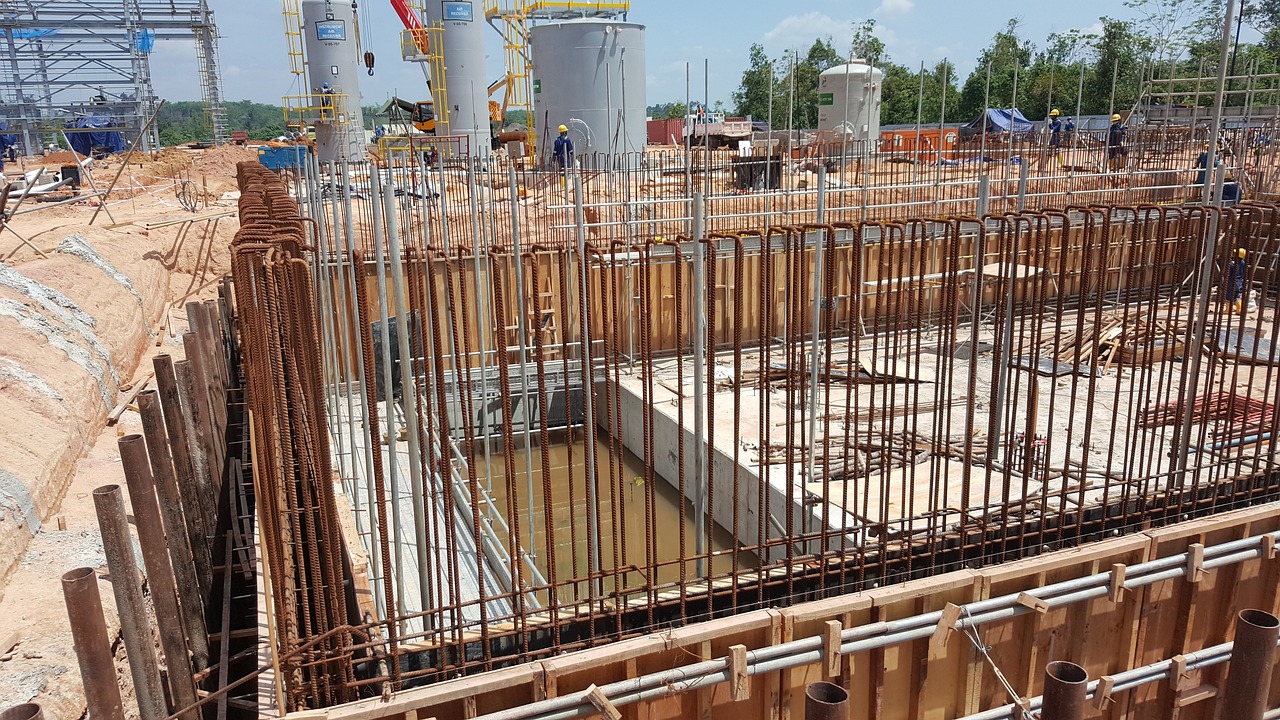
Utilizing Technology for Enhanced Safety
In today's digital age, the integration of technology into vacation rental properties is not just a luxury; it's a necessity for enhancing safety. Imagine arriving at a rental property and feeling an immediate sense of security, knowing that advanced systems are in place to protect you and your belongings. Technology can be a game-changer in this regard, offering solutions that not only improve safety but also provide peace of mind for both owners and guests.
One of the most effective ways to enhance security is through the installation of surveillance cameras. These devices can monitor the property 24/7, deterring potential intruders and providing valuable footage in case of any incidents. It’s essential, however, to inform guests about the presence of cameras to maintain transparency and trust. After all, no one wants to feel like they’re being watched while they’re on vacation!
Another technological advancement that has gained popularity is the use of smart locks. These keyless entry systems allow guests to access the property through their smartphones or unique codes, eliminating the need for physical keys that can be lost or duplicated. Not only do smart locks provide convenience, but they also enhance security by allowing owners to change access codes between each guest's stay. This way, you can ensure that only authorized individuals have access to your property.
Moreover, alarm systems equipped with motion detectors and alerts can significantly bolster safety. These systems can notify owners or property managers of any unauthorized access attempts, allowing for quick responses in case of emergencies. It’s like having a virtual watchdog that never sleeps! For guests, knowing that an alarm system is in place can bring an added layer of comfort, allowing them to relax and enjoy their vacation.
Additionally, integrating smart home devices can enhance safety further. For example, smart lighting systems can be programmed to simulate occupancy by turning lights on and off at different times, deterring potential burglars. Furthermore, smart thermostats can help manage energy use while ensuring that the property remains comfortable and safe, especially during extreme weather conditions.
To maximize the benefits of these technologies, it’s crucial for owners to regularly update their systems and maintain them. Regular software updates for smart devices can patch vulnerabilities and enhance security features. It’s also wise to conduct periodic checks on surveillance cameras and alarm systems to ensure they are functioning correctly.
In conclusion, utilizing technology in vacation rentals not only enhances safety but also elevates the overall guest experience. By investing in advanced security measures such as surveillance cameras, smart locks, alarm systems, and smart home devices, owners can create a secure environment that fosters trust and satisfaction. So, whether you’re a property owner or a guest, embracing these technological advancements can lead to a safer, more enjoyable stay.
- What types of technology can I use to enhance safety in my vacation rental? You can use surveillance cameras, smart locks, alarm systems, and smart home devices to improve safety.
- How can I ensure my guests feel secure during their stay? Be transparent about the security measures you have in place and educate them on how to use any technology provided.
- Should I inform guests about surveillance cameras? Yes, it's important to inform guests about the presence of surveillance cameras to maintain trust and transparency.
- How often should I update my security systems? Regularly updating your systems, especially software for smart devices, is essential to patch vulnerabilities and enhance security features.
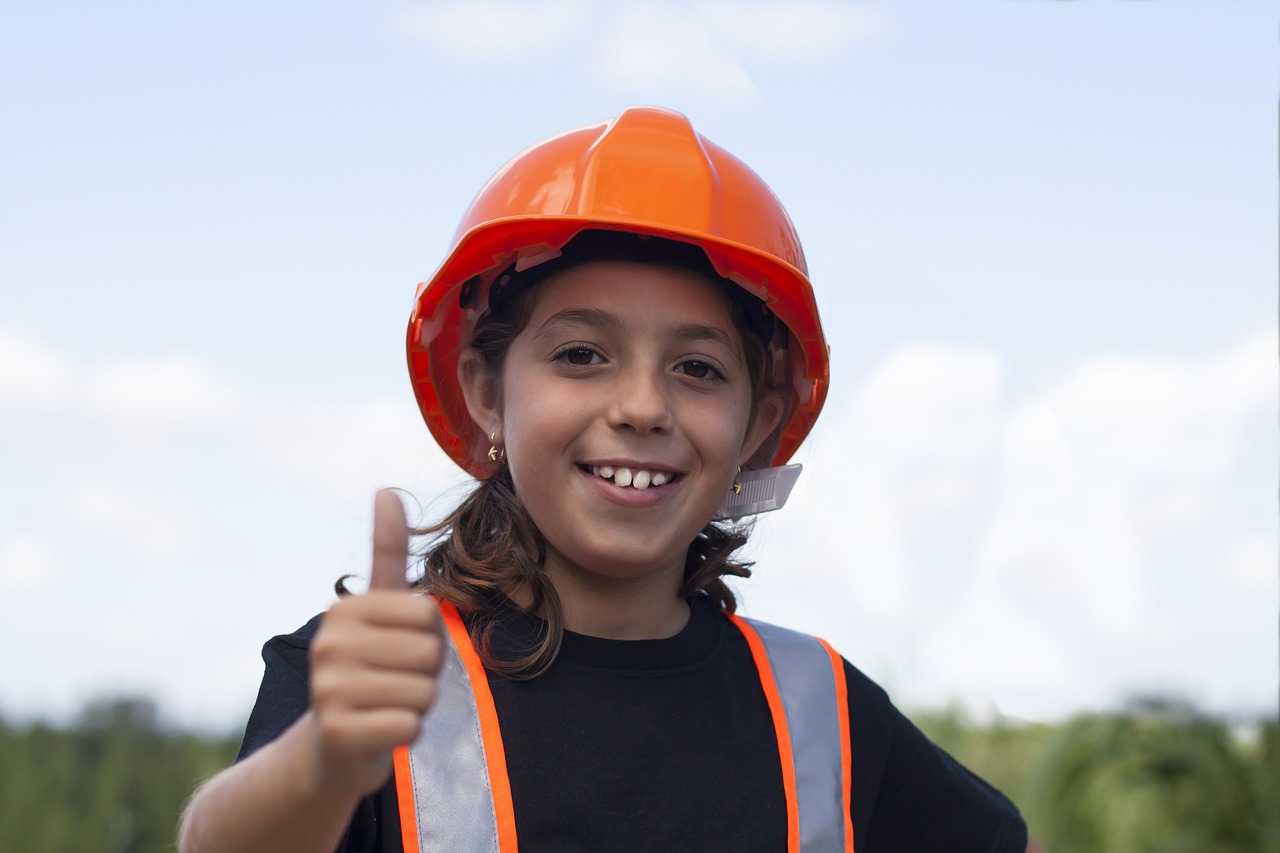
Responding to Safety Incidents
When it comes to vacation rentals, the unexpected can happen at any moment. A safety incident, whether minor or major, can turn a dream vacation into a nightmare. Therefore, being prepared is not just a good idea; it's essential. Imagine this: you're hosting a family reunion at your vacation rental, and suddenly, one of your guests slips and falls. How do you respond? Having a well-thought-out response plan can make all the difference in managing such situations effectively.
First and foremost, it's crucial to establish a clear communication strategy. This means having a list of emergency contacts readily available, including local authorities, medical services, and your property management team. You can create a simple table that outlines these contacts, ensuring that both you and your guests know exactly who to call in an emergency. Here’s an example:
| Emergency Type | Contact | Phone Number |
|---|---|---|
| Police | Local Police Department | (123) 456-7890 |
| Medical | Nearest Hospital | (123) 456-7891 |
| Fire | Fire Department | (123) 456-7892 |
| Property Management | Your Property Manager | (123) 456-7893 |
Next, it’s important to have a plan for how to handle the incident itself. This includes assessing the situation, ensuring the safety of all guests, and providing first aid if necessary. Keep in mind that your guests may be in a state of panic, so your calm demeanor can help to stabilize the situation. It's also wise to document the incident thoroughly. Take notes on what happened, gather witness statements, and if appropriate, take photographs. This documentation can be invaluable for insurance claims or any legal matters that may arise later.
After the incident has been handled, follow up with your guests. A simple check-in can go a long way in maintaining trust and showing that you care about their well-being. This could be as easy as sending a quick message or making a phone call to ensure they are okay and to address any concerns they might have. Remember, the goal is to reassure your guests that their safety is your top priority.
In addition to having a response plan, consider conducting regular safety drills. This can be as simple as walking through the property with your guests upon their arrival, explaining emergency exits, and demonstrating how to use safety equipment like fire extinguishers. This proactive approach not only enhances safety but also empowers your guests to respond appropriately in case of an emergency.
Finally, building a culture of safety in your vacation rental is key. Encourage open communication about safety practices and create an environment where guests feel comfortable reporting any issues or concerns. This transparency fosters trust and makes everyone feel more secure during their stay.
- What should I do if a guest gets injured on my property?
First, ensure their safety and provide first aid if necessary. Then, document the incident and follow up with them afterward.
- How can I prepare my rental for emergency situations?
Have an emergency contact list, conduct safety drills, and provide guests with a safety guide upon arrival.
- What kind of insurance should I have for my vacation rental?
Consider liability insurance to protect yourself from claims arising from guest injuries or property damage.
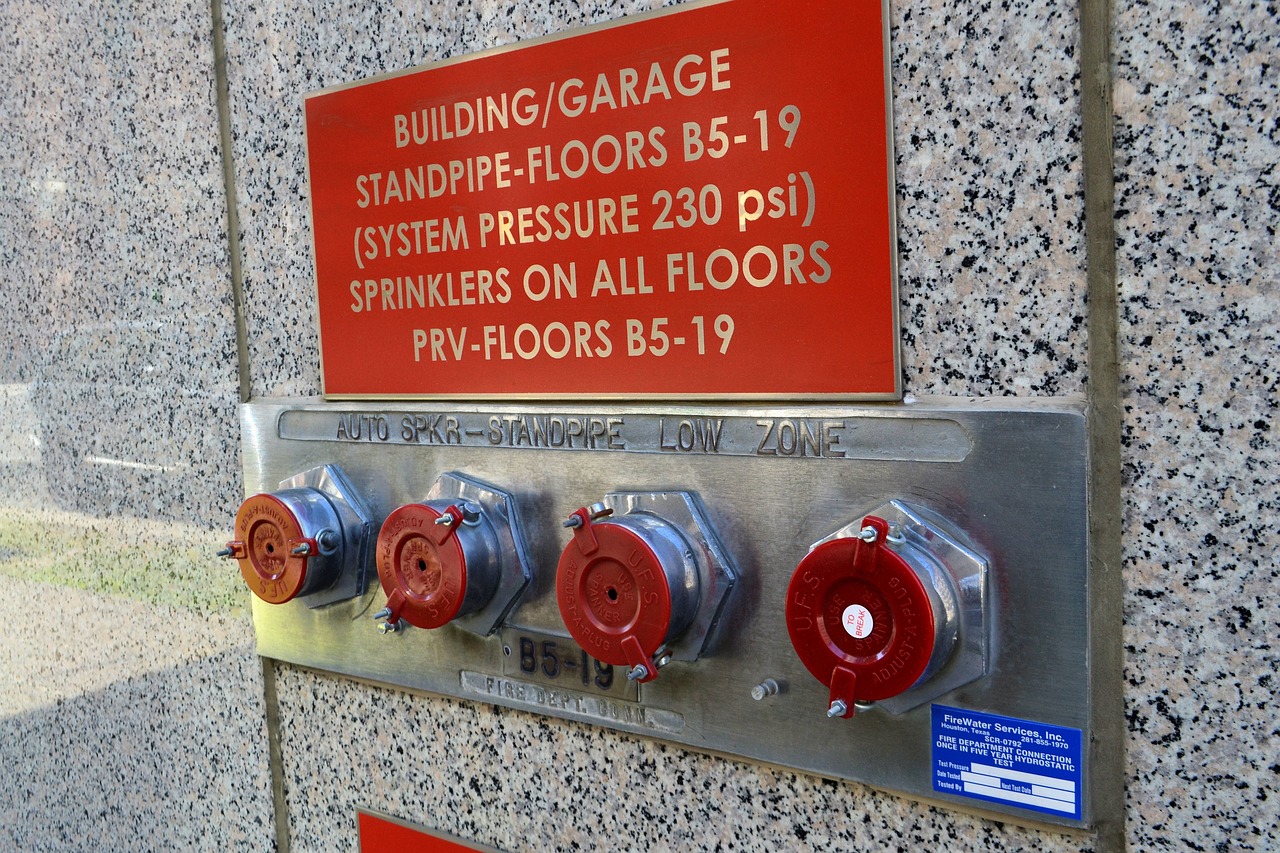
Building Trust Through Transparency
In the world of vacation rentals, trust is a currency that can make or break the experience for both owners and guests. Imagine stepping into a home away from home, only to find discrepancies between what was promised and what actually exists. This is where the power of transparency comes into play. By being open and honest about the property, its conditions, and the safety measures in place, owners can create a solid foundation of trust with their guests.
First and foremost, it’s essential for owners to provide clear and detailed descriptions of their properties. This includes not just the size and amenities, but also the safety features available. For instance, if there are smoke detectors, fire extinguishers, or first aid kits, these should be explicitly mentioned in the property listing. Guests should never have to wonder whether they’re staying in a safe environment. The more information you provide, the more secure your guests will feel.
Moreover, owners should consider creating a dedicated section on their rental platform or website that outlines all safety measures taken to ensure guest well-being. A table could be an effective way to present this information clearly:
| Safety Feature | Description |
|---|---|
| Smoke Detectors | Installed in all sleeping areas and hallways. |
| Fire Extinguishers | Located in the kitchen and near the main entry. |
| First Aid Kit | Available in the kitchen cabinet. |
| Emergency Exits | Clearly marked and accessible from all rooms. |
This table not only informs guests but also reassures them that their safety is a priority. Additionally, providing guests with a comprehensive safety guide upon arrival can further enhance their sense of security. This guide should include emergency contact numbers, local hospital information, and instructions on what to do in case of an emergency.
Communication is another key element in building trust. Owners should be readily available to answer any questions or concerns that guests may have before, during, and after their stay. Imagine a guest feeling uneasy about the neighborhood or the property itself. If they know they can reach out to the owner for clarification or support, it can alleviate their worries significantly. Utilizing various communication channels—such as email, text, or even a dedicated phone line—can make a world of difference.
In addition, being transparent about any potential issues with the property is crucial. If there are ongoing repairs or if certain amenities are temporarily unavailable, guests should be informed upfront. This honesty not only prevents misunderstandings but also fosters a sense of respect and integrity between the owner and the guest.
Finally, after a guest's stay, requesting feedback can be a powerful way to reinforce trust. By actively seeking out their opinions on safety measures and overall experience, owners show that they value their guests' input and are committed to continuous improvement. This feedback loop can lead to enhancements that benefit future guests, creating a cycle of trust and satisfaction.
- What should I include in my safety guide for guests?
Your safety guide should include emergency contact numbers, instructions for using safety equipment, and local emergency services information. - How can I ensure my property is compliant with local safety regulations?
Research local laws regarding vacation rentals and consult with professionals if necessary to ensure compliance. - What are some effective ways to communicate with guests?
Utilize multiple channels such as email, text messaging, and phone calls to ensure guests can reach you easily.
Frequently Asked Questions
- What safety regulations should vacation rental owners be aware of?
Vacation rental owners should familiarize themselves with local safety regulations, which often include fire safety codes, health regulations, and the necessity of liability insurance. Compliance with these regulations not only protects guests but also shields owners from potential legal issues.
- How can I enhance the security of my vacation rental?
Implementing secure entry systems, such as smart locks or keyless entry, is a great way to boost security. These systems not only provide convenience for guests but also allow owners to monitor access and ensure that only authorized individuals can enter the property.
- Why are regular property inspections important?
Regular property inspections help identify and address potential safety hazards before they become serious issues. By routinely checking for maintenance problems, owners can ensure that their property remains safe and welcoming for guests throughout their stay.
- What emergency contact information should be provided to guests?
Guests should be given clear emergency contact information, including local authorities, medical services, and property management contacts. This ensures that guests can quickly reach out for assistance in case of an emergency, promoting a sense of security during their stay.
- How can I create a comprehensive safety guide for my guests?
A comprehensive safety guide should include safety protocols, emergency procedures, and local resources. By providing this information, guests will feel more informed and secure, making their experience more enjoyable and stress-free.
- What are effective ways to educate guests about safety practices?
Educating guests can be done through check-in briefings, welcome packets, and reminders placed throughout the rental. This proactive approach not only informs guests about safety practices but also encourages them to take an active role in their own safety.
- How can technology improve safety in vacation rentals?
Utilizing technology such as surveillance cameras, alarm systems, and smart home devices can significantly enhance safety. These tools provide both owners and guests with peace of mind, knowing that the property is monitored and secure.
- What should I include in my response plan for safety incidents?
Your response plan should outline communication strategies, emergency procedures, and follow-up actions to take in the event of a safety incident. Being prepared helps maintain guest trust and ensures that incidents are managed efficiently.
- How does transparency build trust between owners and guests?
Transparency regarding safety measures, property conditions, and emergency protocols fosters trust. When guests feel informed and secure, they are more likely to have a positive rental experience, leading to repeat bookings and positive reviews.



